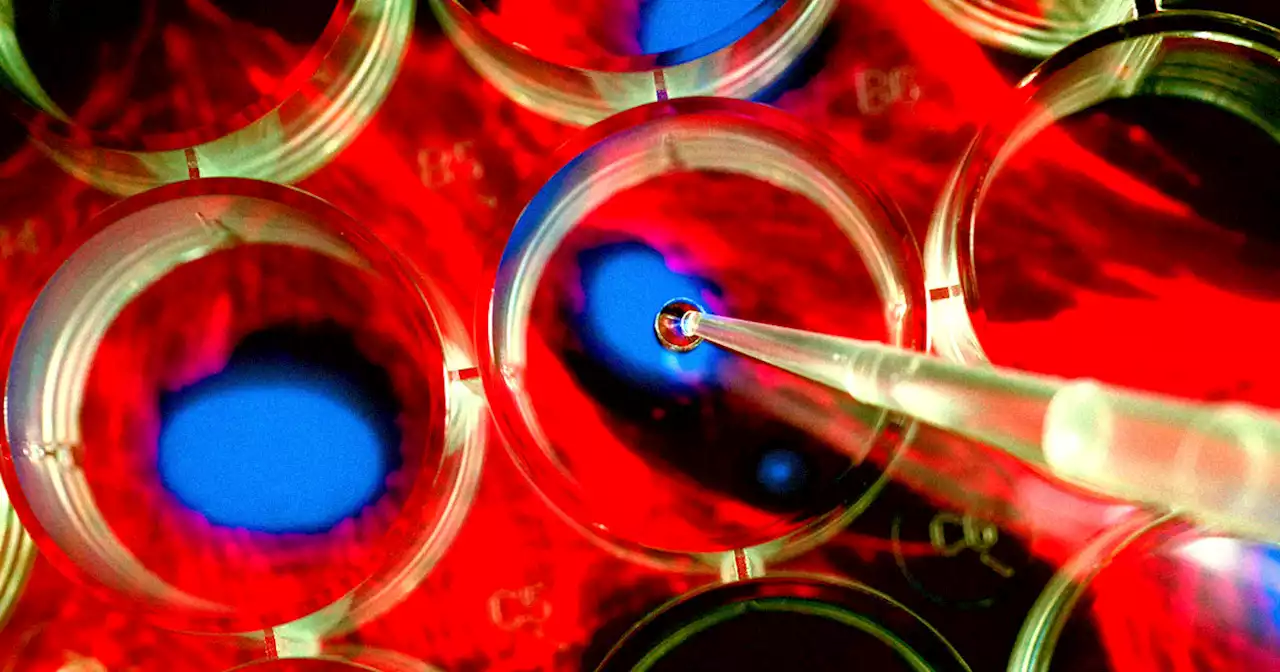'It’s beautiful and created entirely from embryonic stem cells.'
But it hasn't been published just yet, meaning that many experts are waiting before they comment.
The cells were grown from human embryonic stem cells and were manipulated to develop cells that typically lead to the formation of a yolk sac, placenta, and the embryo itself. "Our human model is the first three-lineage human embryo model that specifies amnion and germ cells, precursor cells of egg and sperm," Zernicka-Goetz toldGiven the extremely sensitive nature of the research, Zernicka-Goetz was measured in her statements to the media, but still stressed the importance of her work..
And her team's latest efforts are only the beginning of translating this concept into human models. Many challenges remain and even in the case of mice, these synthetic embryos have yet to be successfully grown into live animals inside the womb.didn't make it past a couple of daysAnd then there's the question of regulating human-embryo research.
"These findings suggest that we would soon develop the technology to grow these cells beyond the 14-day limit, with potentially more insights to gain into human development," Ildem Akerman, a gene regulation researcher from the University of Birmingham,
United States Latest News, United States Headlines
Similar News:You can also read news stories similar to this one that we have collected from other news sources.
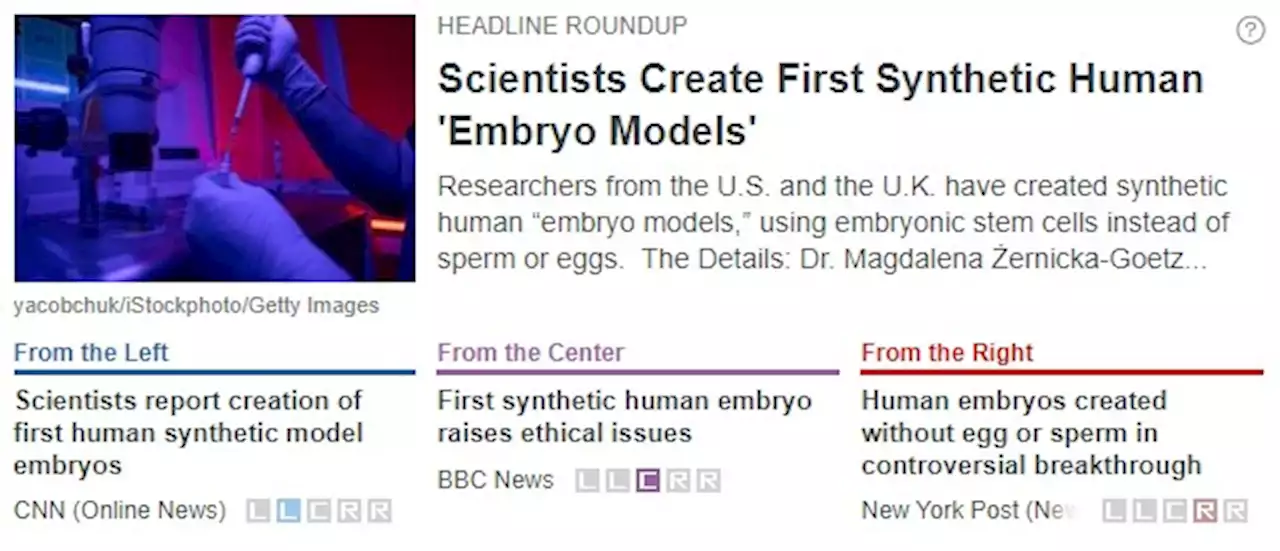 Scientists Create First Synthetic Human 'Embryo Models'Researchers from the U.S. and the U.K. have created synthetic human “embryo models,” using embryonic stem cells instead of sperm or eggs. See potential bias and similarities in coverage from CNN, BBCNews and nypost: Embryo Science
Scientists Create First Synthetic Human 'Embryo Models'Researchers from the U.S. and the U.K. have created synthetic human “embryo models,” using embryonic stem cells instead of sperm or eggs. See potential bias and similarities in coverage from CNN, BBCNews and nypost: Embryo Science
Read more »
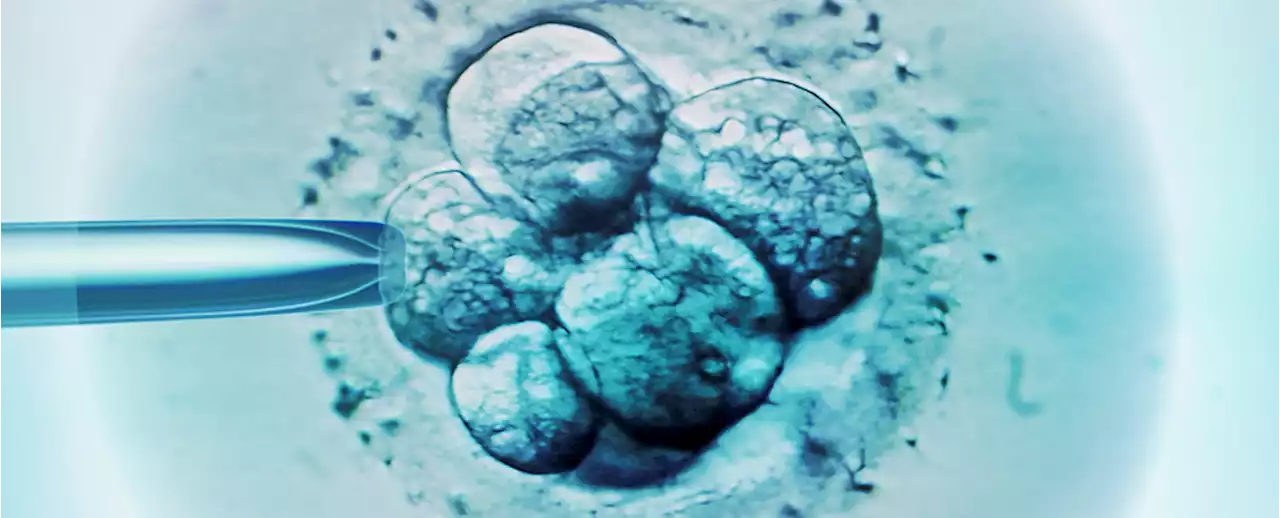 Scientists Create Synthetic Human Embryo Models in Major FirstIn a major scientific first, synthetic human embryo models have been grown in the lab, without any need for the usual natural ingredients of eggs and sperm.
Scientists Create Synthetic Human Embryo Models in Major FirstIn a major scientific first, synthetic human embryo models have been grown in the lab, without any need for the usual natural ingredients of eggs and sperm.
Read more »
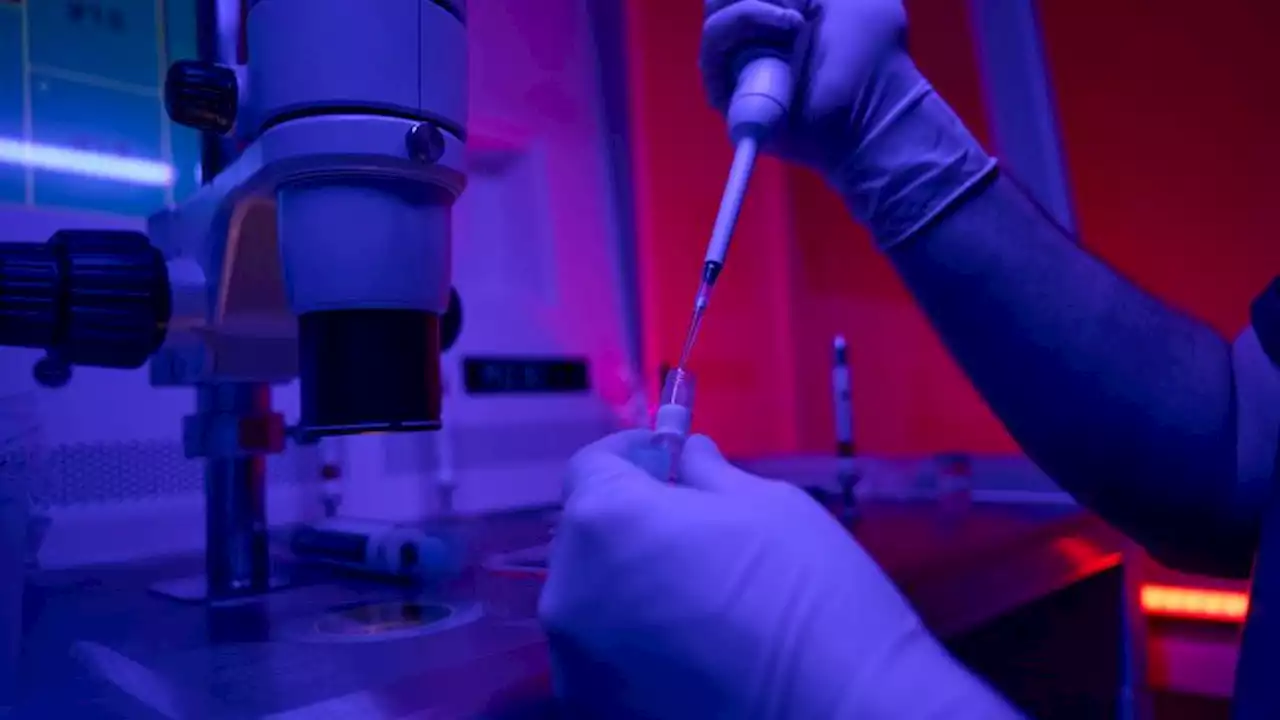 Scientists report creation of first human synthetic model embryos | CNNA team of researchers in the United States and United Kingdom say they have created the world’s first synthetic human embryo-like structures from stem cells, bypassing the need for eggs and sperm.
Scientists report creation of first human synthetic model embryos | CNNA team of researchers in the United States and United Kingdom say they have created the world’s first synthetic human embryo-like structures from stem cells, bypassing the need for eggs and sperm.
Read more »
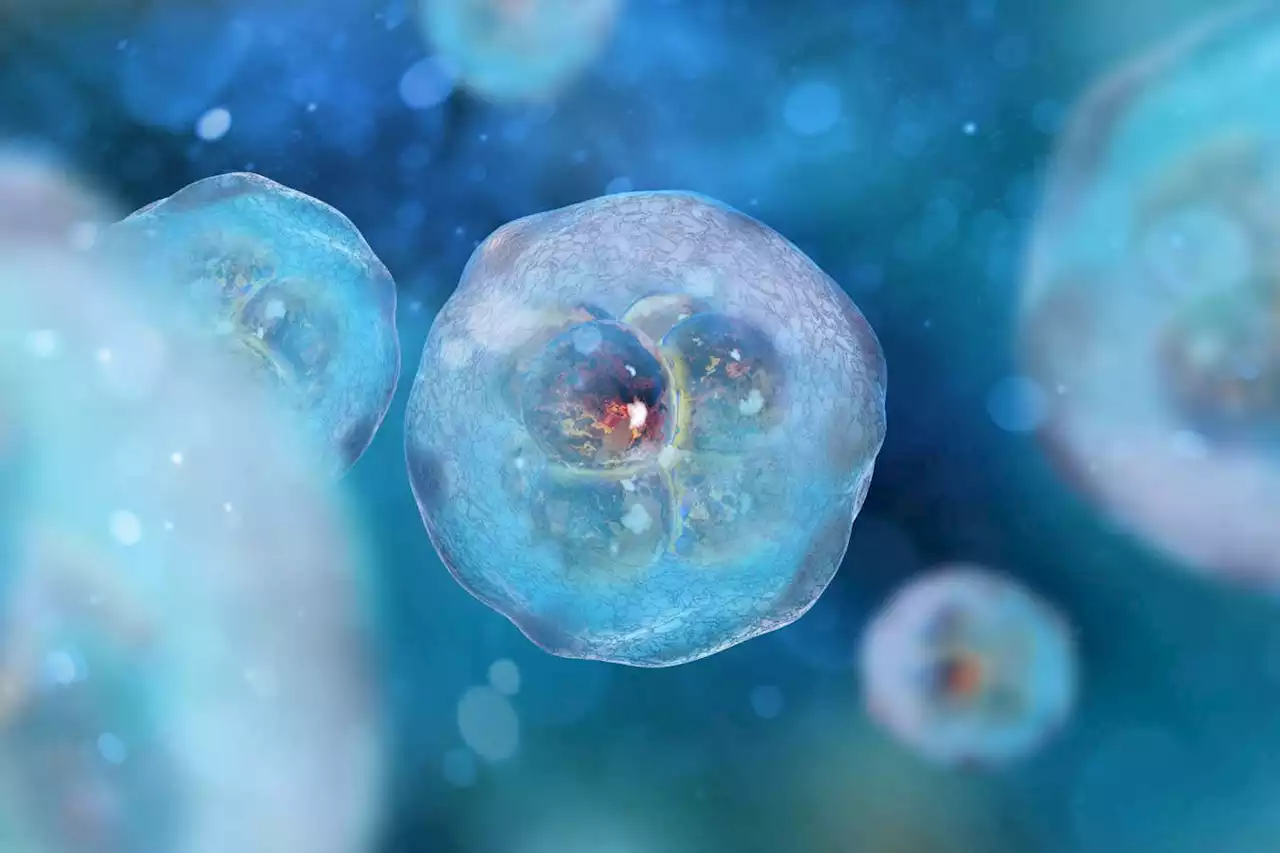 What are 'synthetic embryos' and why are scientists making them?The first human embryo-like structures have been created from stem cells, in a move that could help scientists study the causes of early miscarriages
What are 'synthetic embryos' and why are scientists making them?The first human embryo-like structures have been created from stem cells, in a move that could help scientists study the causes of early miscarriages
Read more »
 Synthetic human embryos created for the first timeThe embryos, which are not the product of sexual reproduction using sperm and egg cells, offer the promise of important insight into genetic disorders.
Synthetic human embryos created for the first timeThe embryos, which are not the product of sexual reproduction using sperm and egg cells, offer the promise of important insight into genetic disorders.
Read more »
 First synthetic human embryo raises ethical issuesThe synthetic embryos - only days or weeks old - could help explain infertility and pregnancy loss.
First synthetic human embryo raises ethical issuesThe synthetic embryos - only days or weeks old - could help explain infertility and pregnancy loss.
Read more »
